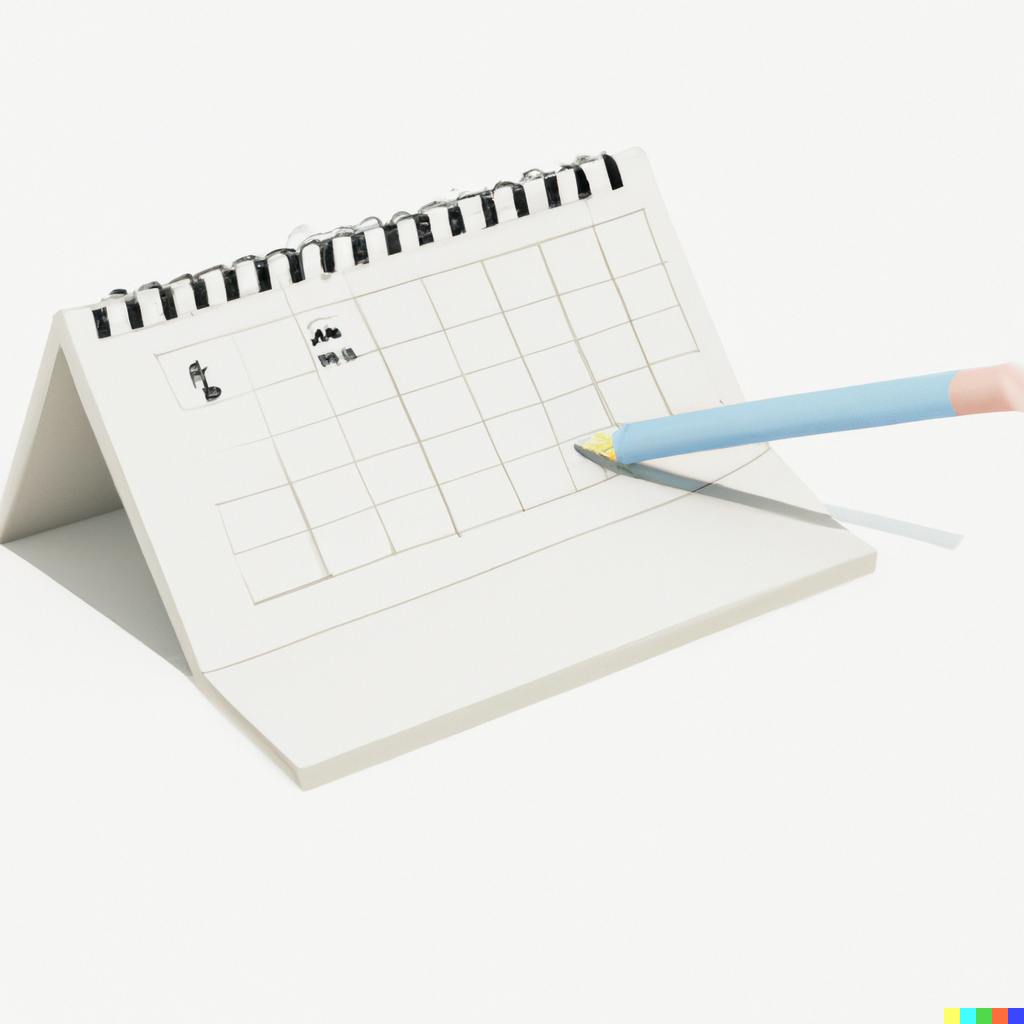
Photo by Sincerely Media on Unsplash
Getting started with Python Series: Step 0
Before you start learning to code
So you want to learn Python. That's awesome! However, here's something to think about before you make one keystroke or write your first line of code.
Step 0: Assess your motivation
Despite what the "tech influencers" say online, breaking into tech and learning to code can be a long, arduous journey. It's extremely fulfilling but can also make you want to throw your computer against the wall and never code again. This I-hate-this-and-will-never-understand-it feeling is why having strong motivation-- a clear reason for persisting-- is so important.
This sentiment is true even for long time coders like myself for side projects. During my first year of coding at a job, I started 3 side projects but was never able to finish them. I would start the project and then the novelty wore off and it was just frustrating and tedious. It felt like this blocker was too big for me to get past and so I told myself that I would "do it later" and, of course never did. The next year, I was more selective about the personal projects that I began, knowing that I really would only finish a personal project if it was very meaningful and motivating to me. Indeed, the only personal coding project that I started and finished that year was related to helping my grandparents during COVID. At some point, I'm going to write a separate blog post on this project/experience, but I was extremely passionate about finishing it because my grandparents, who normally never ask me for anything, really needed my help for this.
Action items for you
Grab a sheet of paper and fold it in half. Write down the following:
Think about all of the reasons that you want to code. On the left side of the paper, write down each reason on a separate line.
Gauge how motivating each reason is for you personally, from 0 being the lowest to 10 being the highest. On the right side of the paper, write down this number for each reason that you listed on the left side of the paper.
Reflect: based on the reasons and numbers that you wrote down, do you think that you will be motivated enough to finish really difficult tasks or dive into projects? If not, you can add additional motivating reasons to your sheet of paper.
Open up your calendar (Google calendar, teams, pen and pencil, etc). Think about when might be good times to schedule 20-60 minute blocks where you can learn to code. For me personally, 30 minute blocks 3-4 times a week is good but it is up to you. I also code personal projects in the morning because I am more alert and less busy before work than after work.
For the next 2 months, block these "Learn to Code" times into your calendar.
Get ready for a life-changing adventure!

